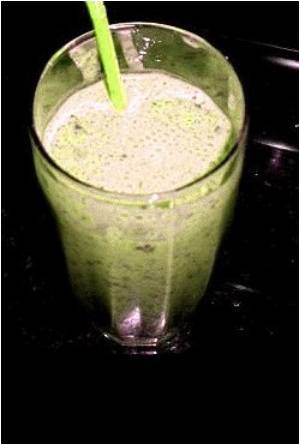New research at Oregon Health and Science University demonstrates that the brain - which serves as a master control for body weight - reacts differently to fructose compared with

"We know from animal models that the brain responds uniquely to different nutrients and that these responses can determine how much they eat," said Jonathan Purnell, an associate professor of medicine (endocrinology, diabetes and clinical nutrition) in the OHSU School of Medicine.
"With newer technologies such as functional MRI, we can examine how brain activity in humans reacts when exposed to, say, carbohydrates or fats. What we've found in this case is that the brain's response to fructose is very different to the response to glucose, which is less likely to promote weight gain."
Functional MRI allows researchers to watch brain activity in real time. To conduct the research, nine normal-weight human study subjects were imaged as they received an infusion of fructose, glucose or a saline solution. When the resulting brain scans from these three groups were compared, the scientists observed distinct differences.
Brain activity in the hypothalamus, one brain area involved in regulating food intake, was not affected by either fructose or glucose. However, activity in the cortical brain control areas showed the opposite response during infusions of the sugars. Activity in these areas was inhibited when fructose was given but activated during glucose infusion.
This is an important finding because these control brain areas included sites that are thought to be important in determining how we respond to food taste, smells, and pictures, which the American public is bombarded with daily.
Advertisement
"For consumers, our findings support current recommendations that people be conscious of sweeteners added to their drinks and meals and not overindulge on high-fructose, processed foods."
Advertisement
Source-ANI









